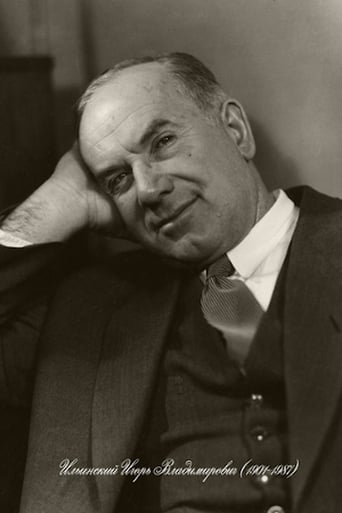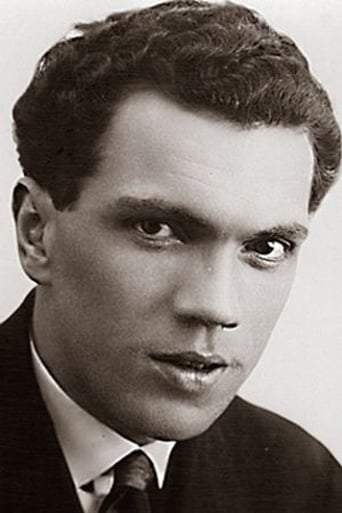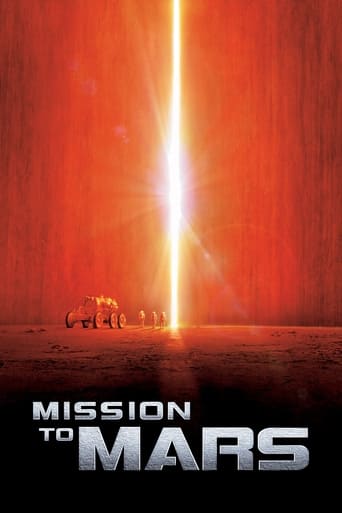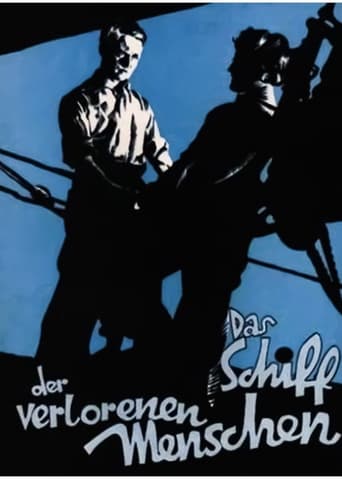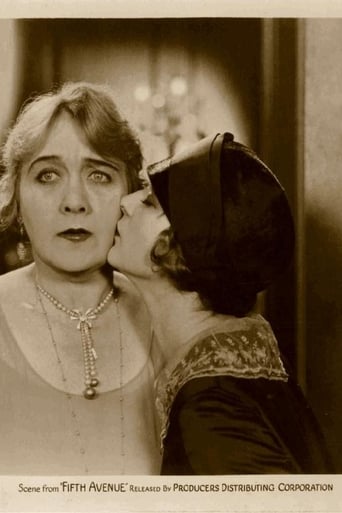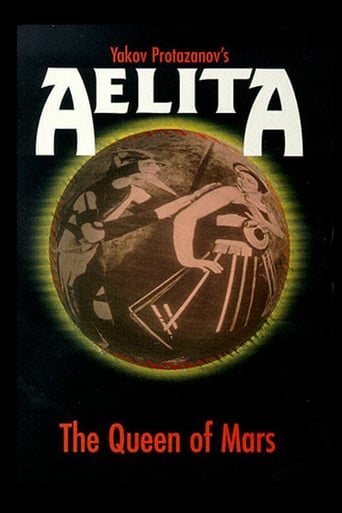
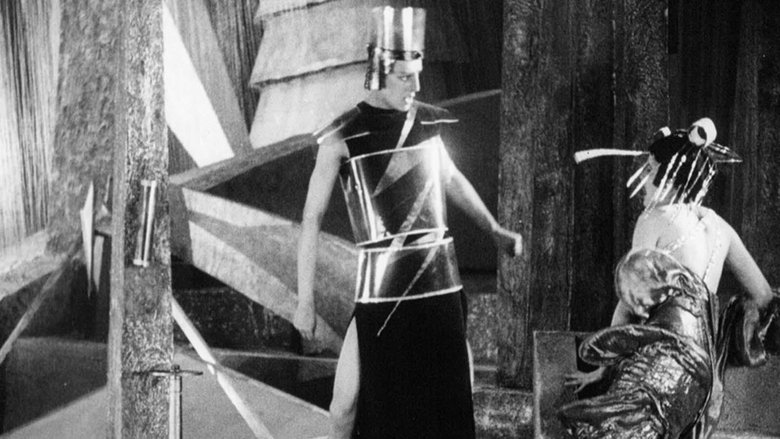
Aelita: Queen of Mars (1924)
A young man travels to Mars in a rocket ship, where he leads a popular uprising against the ruling group with the support of Queen Aelita, who has fallen in love with him after watching him through a telescope.
Watch Trailer
Cast


Similar titles
Reviews
The film entitled "Aelita," which is produced by Yakov Protazanov is significant due to it being the first ever fantasy genre film in Soviet cinema. The story follows a small group of people including a Engineer who becomes obsessed with deciphering a cryptic radio message and to finding a way to get to Mars. The majority of the film is set in Moscow although some scenes do take place in Mars, particularly the event where the protagonists starts a proletarian revolution. This scene in a way contradicts the whole entity of the film being science fiction as it puts its own spin on the revolutionary war. Protazanov seems to play quite a bit with lighting throughout the entire film especially in highlighting the protagonists in various scenes. For example when scenes of Aelita took place her entire body would be white almost to the degree where she would appear to be glowing. Protazanov most likely does this to give a sense of this "fantasy," this image of a "godly" queen. Shadows are often utilize as well take for example the scene were Los finally arrives back to Moscow after 6 months of working away where he witnesses two shadows of whom he believes is his wife kissing Erlich. Protazanov also plays with the shape of the overall clips to give an illusion of Aelita looking through a telescope. You can see this quite clearly in the scene of Los and his crew landing on Mars. Time holds a significant role throughout the entire film as the film is intentionally sped up. What seems to be 2 months in one moment suddenly becomes 6 months. When Los is at the train station after killing his wife, and is there once again near the end of the film when he finally escapes this fantasy life he had been obsessing about. Almost as if this moment had been frozen while he was dreaming. When the ruler of the futuristic totalitarian state would put the oppressed working class into a cold storage when he felt that they were no longer needed. This was a moment where time literally freezes for them as they are being put to storage.
I was always looking forward to seeing this, because I love classic science fiction in general, and I also enjoyed the original book by Aleksei Tolstoy. Unfortunately, they messed up his story in the worst way, removing all the vague criticism of the revolutionary urge, and actually turning the bulk of his book into a dream sequence.Most of the film has nothing to do with science fiction..... the entire first half is setting up 3 characters who have nothing to do with each other until we are well into the final half of the film. The direction is tedious, mostly in medium long shots. The "Queen of Mars", who in the book was supposed to be the most beautiful woman in the universe, looks like a teenage boy.At the worst possible point, the film devolves into Soviet propaganda, complete with burning letters for the date of their revolution 10/25/17 and a hammer and sickle. I guess the Soviet government thought that this film would be popular abroad because of the sci-fi and the effects, and that it would indoctrinate people in their revolutionary ideas. But there are basically no ideas here, except that the workers on Mars have to wear boxes on their heads and live underground. The effects are not very impressive compared to what Lang was doing at UFA.There are some interesting design elements in the costumes, but that's about it as far as any kind of retro sci-fi appeal. The story is painfully ludicrous.... we're expected to feel sympathy for the hero's girlfriend, because she just can't resist the pleasures of pre-revolutionary Russia (like chocolate and waltzing). At the end, the hero burns his plans for a spaceship, because "we have more important work to do here" (hello.... Sputnik?). I'm sure a lot of fellow travelers felt quite that way about Protazanov's bulky film.
This is a review of the Kino DVD version of AELITA. The DVD is a mixed bag. On one hand, there are absolutely no special features--none. I would have loved to have seen some old soviet propaganda shorts or a cartoon or something! On the other hand, the print is absolutely fabulous--pristine, though the film does run a bit under-speed. In other words, silent films ran from 16 to 22 frames per second--well under the sound standard of 24 fps. So, silent films need to have their speed compensated for a bit or the movie runs too fast. However, Kino appeared to compensate a bit too much--making the film run at a slightly sluggish pace.Apparently this is one of the earliest sci-fi films--debuting three years before METROPOLIS but 21 years after Georges Méliès' VOYAGE TO THE MOON (and very little, if any, in between). As far as the sci-fi aspects of the film, they are pretty exciting to watch. The bizarre costumes for the Martian segments are rather reminiscent of the German Expressionist movement seen in such films as THE CABINET OF DR. CALIGARI and METROPOLIS, though in a more subdued manner. This is because the film was made only a few years after the Russian Revolution and they were frankly too poor to afford the fancy sets and all the extras of more expensive German productions. It shows, but wasn't a major problem.A serious difficulty with this film that has prevented it from being remembered like METROPOLIS is that the film's sci-fi elements really are secondary. In other words, Soviet propaganda is THE reason for the film and this makes viewing a real chore for the average viewer, though historically hearing all the pro-Communist rhetoric is interesting. Just be forewarned that its message is very heavy-handed and pervades the film.The bulk of the film concerns Soviet citizens living in a home that has been subdivided into flats by the State. One couple consists of a good Soviet who believes in the revolution. He's a scientist and is dedicating his life to building a rocket to take him to Mars--it seems the planet has been sending cryptic messages to Earth and he wants to investigate. The other couple consists of an evil profiteer and his wife. While he has a job working for the State, he does it less out of a love for Mother Russia and more so he can pad his pockets. This is a very, very obvious slam at the White Russians and Socialists who the Communist government had just finished liquidating (i.e., killing) in order to "purify" the nation and purge counter-revolutionary thinking.Unfortunately, these Soviets occupy so much of the film that little time is allowed for the Martians or the space flight. This really hinders the film as it's such obvious propaganda and very preachy as well.As for Mars, Aelita is the queen of the planet, but she really has no power. Instead, a few jerks run the planet and enslave the masses. It's an obvious parallel to Czarist Russia--no subtlety here. In fact, when the humans do come to Mars, they spend their time fomenting revolution--turning the Martian proletariat into good Communists. Eventually, the revolution appears to triumph and they announce a Martian Soviet Socialist Republic!! There's a lot more to it than this, but I won't say more because it would probably ruin the film.So why, if the film is so flawed, do I still give the film a 7? Well, it isn't because of all the propaganda and 75% of the film. It's because the other 25% are so fascinating and innovative that it's all very worthwhile. A very interesting film from a historical point of view, but its continual pro-Communist message is so unsubtle that it keeps the film from earning a higher score. This is ironic considering that much of the same pro-proletariat and anti-bourgeoisie message is also in METROPOLIS but because it's presented with some degree of subtlety, it's an infinitely more satisfying film.Overall, from a political and historical point of view, it's worth seeing. But, for the average viewer out there, the film's creaky structure and blatant messages probably make it too tough to watch and enjoy. For the average viewer, it's just not worth a look--at least until you've seen other silent films and have learned to appreciate the genre--even the slower and less sophisticated films.
On the Opening night of the San Francisco Silent Film festival I was quite excited to see films that are historical and well not common. The guest speaker who opened this film created a sense of hype towards the obscurity, and how this film is underrated. The sci-fi part of the film was very interesting and fantastic for its time, but i'm not sure if it was due to the fact it was shown directly after the Brilliant 1928 "The Wind" or if it seemed that Russian filmmakers take after what Russian novels are famous for (hundreds of characters, tangled plots) but I know for certain that the dramatic parts, as in the parts on Earth, made absolutely no sense, were boring and I became lost within about twenty minutes. Maybe it was the acting but I found myself convinced as to why this film is "unknown and underrated": It's boring, there is no plot or basic story and the acting is horrible. This certainly is no "Battleship Potemkin", however I will say that Russian films do not make a real good effort in lightning up what life in Russia is like.



